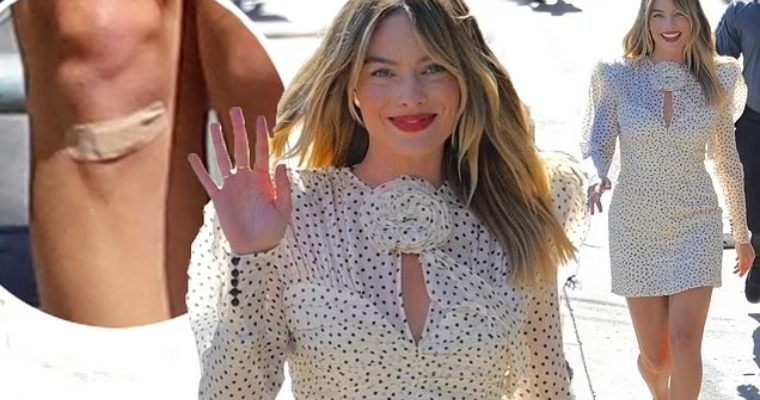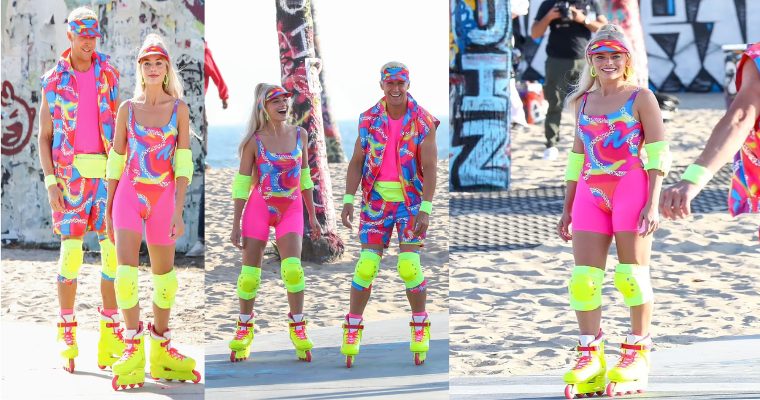“I thought the world would be better if I wasn’t there,” Selena Gomez told Rolling Stone about her suicidal thoughts
:max_bytes(150000):strip_icc():focal(617x0:619x2):format(webp)/selena-gomez-rolling-stone-110322-3-1bea035a120a440c942300d219055398.jpg)
PHOTO: AMANDA CHARCHIAN FOR ROLLING STONE
Selena Gomez is opening up about a dark period in her life.

In a new interview with Rolling Stone for the publication’s latest cover story, the musician, 30, spoke candidly about dealing with suicidal thoughts amid her struggles with mental illness.
“I thought the world would be better if I wasn’t there,” Gomez told Rolling Stone, though the publication noted she never attempted suicide.
The “My Mind & Me” singer also told the outlet that she has “been to four treatment centers,” explaining, “I think when I started hitting my early twenties is when it started to get really dark, when I started to feel like I was not in control of what I was feeling, whether that was really great or really bad.”
Gomez added: “It would start with depression, then it would go into isolation. Then it just was me not being able to move from my bed. I didn’t want anyone to talk to me. My friends would bring me food because they love me, but none of us knew what it was. Sometimes it was weeks I’d be in bed, to where even walking downstairs would get me out of breath.”
Never miss a story — sign up for PEOPLE’s free daily newsletter to stay up-to-date on the best of what PEOPLE has to offer, from juicy celebrity news to compelling human interest stories.
:max_bytes(150000):strip_icc():focal(617x0:619x2):format(webp)/selena-gomez-rolling-stone-110322-2-ada41d93be7440ce83c9563ebb01a3ae.jpg)
AMANDA CHARCHIAN FOR ROLLING STONE Selena Gomez’s My Mind & Me: Everything She Reveals About Mental Health, Lupus and Heartbreak
For Gomez, some of her mental health struggles stemmed from ideologies she thought she had to follow growing up.
“I grew up thinking I would be married at 25,” she said. “It wrecked me that I was nowhere near that — couldn’t be farther from it. It was so stupid, but I really thought my world was over.”
Feeling like she “never fit in with a cool group of girls that were celebrities” — except for Taylor Swift, who she described as her “only friend in the industry” — Gomez added that she also felt out of place.
“I remember feeling like I didn’t belong. I felt the presence of everyone around me living full lives. I had this position, and I was really happy, but … was I?,” she explained. “Do these materialistic things make me happy? I just didn’t like who I was, because I didn’t know who I was.”
Want to get the biggest stories from PEOPLE every weekday? Subscribe to our new podcast, PEOPLE Every Day, to get the essential celebrity, entertainment and human interest news stories Monday through Friday.
:max_bytes(150000):strip_icc():focal(419x310:421x312):format(webp)/selena-gomez-rolling-stone-110322-1-92fab21a32d94a6cb71d1e0feeefc515.jpg) AMANDA CHARCHIAN FOR ROLLING STONE
AMANDA CHARCHIAN FOR ROLLING STONE
A big turning point for the star came in 2018 when she was hearing voices that triggered an episode of psychosis. Gomez ended up spending several months in a treatment facility and was put on a variety of medications.
“It was just that I was gone,” Gomez told Rolling Stone, explaining the effect the drugs she was given had on her. “There was no part of me that was there anymore.”
But, after she left the facility and began working with a psychiatrist, she was taken off all but two of her medications and slowly began to feel more like herself once again.
“He really guided me,” Gomez said. “But I had to detox, essentially, from the medications I was on. I had to learn how to remember certain words. I would forget where I was when we were talking. It took a lot of hard work for me to a) accept that I was bipolar, but b) learn how to deal with it because it wasn’t going to go away.”
RELATED VIDEO: Selena Gomez Says She May Not Be Able to Carry Children Due to Bipolar Disorder Meds, Details 2018 Psychosis

Gomez is now candidly sharing her triumphs and setbacks with mental health in the new documentary, Selena Gomez: My Mind & Me.
At the recent Los Angeles premiere of her new Apple TV+ project, Gomez chatted with PEOPLE exclusively about how she views the world nowadays.
“I have a very healthy relationship with my therapist, so let’s start there,” she began. “I’m doing things with my Rare Impact Fund. I’m having these conversations, I’m meeting people.”
Continued Gomez, “I went to the White House for the mental-health summit and … I’m wanting to be as proactive as I can.”








